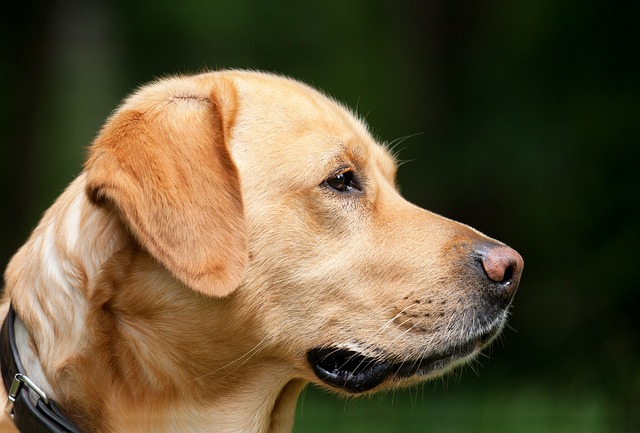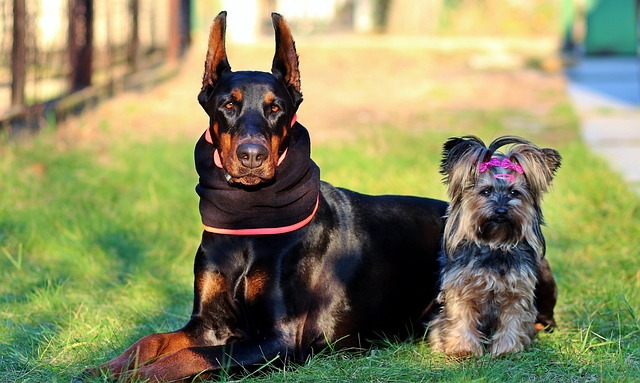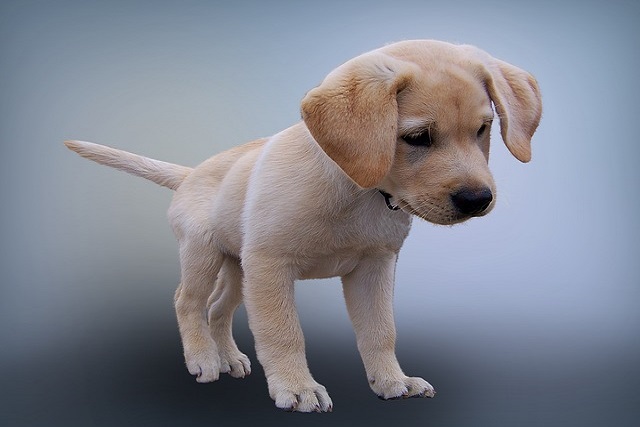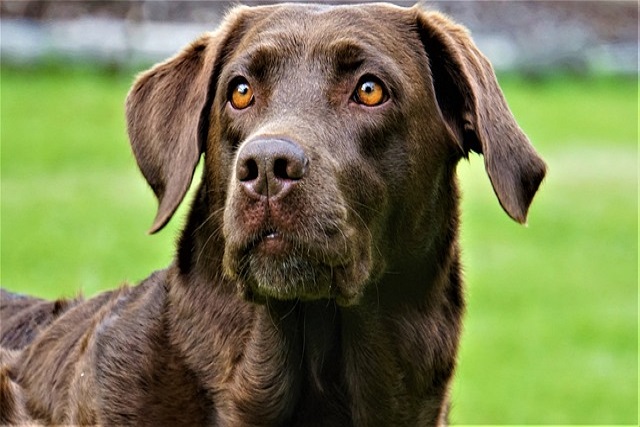
what to put on dogs paws to stop licking
You’re sitting on the couch, and your pup curls up beside you—only to start gnawing at their paw like it’s a chew toy. At first, it’s cute, but after 10 minutes of nonstop licking
It’s a familiar panic for new pup parents: you notice your dog shaking their head like a wet rag, or scratching at their ear with a paw, and think, “Maybe their ears need a clean.” Then you spot the hydrogen peroxide under the sink—cheap, easy, and good for cleaning cuts, right? But before you pour it into your dog’s ear, let’s pause. Is hydrogen peroxide really safe for cleaning dog ears? The short answer: mostly no, and here’s why.
Let’s start with the science of dog ears. A dog’s ear canal is shaped like an L, much deeper and narrower than ours, with super sensitive skin. Their ears also have a delicate balance of natural oils and bacteria that keep them healthy. Hydrogen peroxide, which works by releasing oxygen to kill germs, is great for human scrapes, but it’s too harsh for those tiny, curved canals. It can irritate the thin skin, dry out the ear, and even damage the eardrum if it gets too deep. My neighbor in Phoenix learned this the hard way: she used peroxide on her Cocker Spaniel’s ears, and within a day, he was yelping when touched—turns out it caused a painful inflammation. Veterinarians call this “chemical burn” in ears; it’s way more common than you’d think.
So, what should you use instead? Look for ear cleaners made specifically for dogs—they’re pH-balanced to match their ears, with gentle ingredients like aloe or saline. My vet in Austin recommends a formula with witch hazel (mildly astringent but not drying) for routine cleaning. Here’s how to do it safely: tilt your dog’s head to the side, squirt a little cleaner into the ear, then gently massage the base of the ear (where the skull meets the ear flap) for 30 seconds. Let them shake it out—this dislodges dirt and wax. Then wipe the outer ear with a cotton ball (never stick anything inside the canal, not even a Q-tip). Reward them with a treat afterward—positive reinforcement turns a stressful task into a game, which is way better than forcing them (scolding only makes them fear ear cleaning forever).

For apartment dwellers, keep ear cleaning supplies handy but out of reach—you don’t want curious pups knocking over bottles. If your dog loves swimming in the community pool, dry their ears with a towel afterward; moisture trapped in ears leads to infections, which need vet care (not peroxide). When walking, if your dog rolls in something stinky (like mud or garbage), check their ears later—debris can sneak in, but resist the urge to douse with peroxide. And remember, regular vet checkups include ear exams—they’ll also confirm your dog’s rabies vaccine is up to date (required by law in all 50 states), since overall health ties into ear health.
When should you skip home cleaning altogether? If there’s redness, a bad smell, thick discharge (brown, yellow, or bloody), or your dog pulls away in pain—those are signs of infection, and peroxide will only make it worse. Call the vet instead; they’ll prescribe medicated drops. And always, always carry poop bags on walks—keeping your community clean is part of being a responsible owner, even when your focus is on your pup’s ears.
Hydrogen peroxide might be a pantry staple, but your dog’s ears deserve gentler care. Stick to dog-specific cleaners, go slow, and reward generously—their ears (and your sanity) will thank you.

You’re sitting on the couch, and your pup curls up beside you—only to start gnawing at their paw like it’s a chew toy. At first, it’s cute, but after 10 minutes of nonstop licking

Picture your Golden Retriever, Cooper, hopping awkwardly across a Minneapolis sidewalk in January, lifting his paws from salt-covered ice while you wince in sympathy.

When your dog starts scratching nonstop, gnawing at their paws until they’re raw, or breaking out in red, inflamed patches, chances are they’re dealing with canine atopic dermatitis

You’re brushing your golden retriever after a morning hike, and notice her squinting—one eye looks a little red, with a crusty corner. Panic hits: “Should I grab my eye drops?”

It’s a familiar panic for new pup parents: you notice your dog shaking their head like a wet rag, or scratching at their ear with a paw, and think, “Maybe their ears need a clean.”

You’re curled up in your Chicago apartment when the sound starts: thump-thump-scratch-scratch as your Golden Retriever rakes her raw belly across the floor.